- Welcome To Reid Health
-
How Can We Help You
All Services
- Allergy Care
- Athletic Training Clinic
- Breast Center
- Cancer Center
- Diabetes & Nutrition Education
- Ear, Nose, & Throat
- Emergency Care
- Endocrinology
- Family Birthing Center
- Gastroenterology
- General Surgery
- Hearing Care
- Heart & Vascular Center
- Home Health
- Home Medical Equipment
- Hospice Services
- Hospitalist Service
- Infectious Disease
- Joint and Spine Center
- Laboratory Services
- Neurology
- OB/GYN
- Occupational Medicine
- One Call Access
- Orthopedics & Spine
- PACE
- Pain Management
- Palliative Care
- Pediatrics
- Perioperative Clinic
- Pharmacy
- Plastic & Reconstructive
- Podiatry
- Primary Care
- Psychiatrics
- Pulmonology
- Radiation Therapy
- Radiology
- Ready Care Clinic
- Rehabilitation
- Reid Fitness
- Revive Spa & Skincare
- Robotics & Technology
- Sleep Center
- Sports Medicine
- Telehealth
- Urgent Care
- Urological Care
- Vein Center
- Wound Healing Center
-
Find Your Provider
-
Find Your Nearest Location
How Can We Care for You Today?
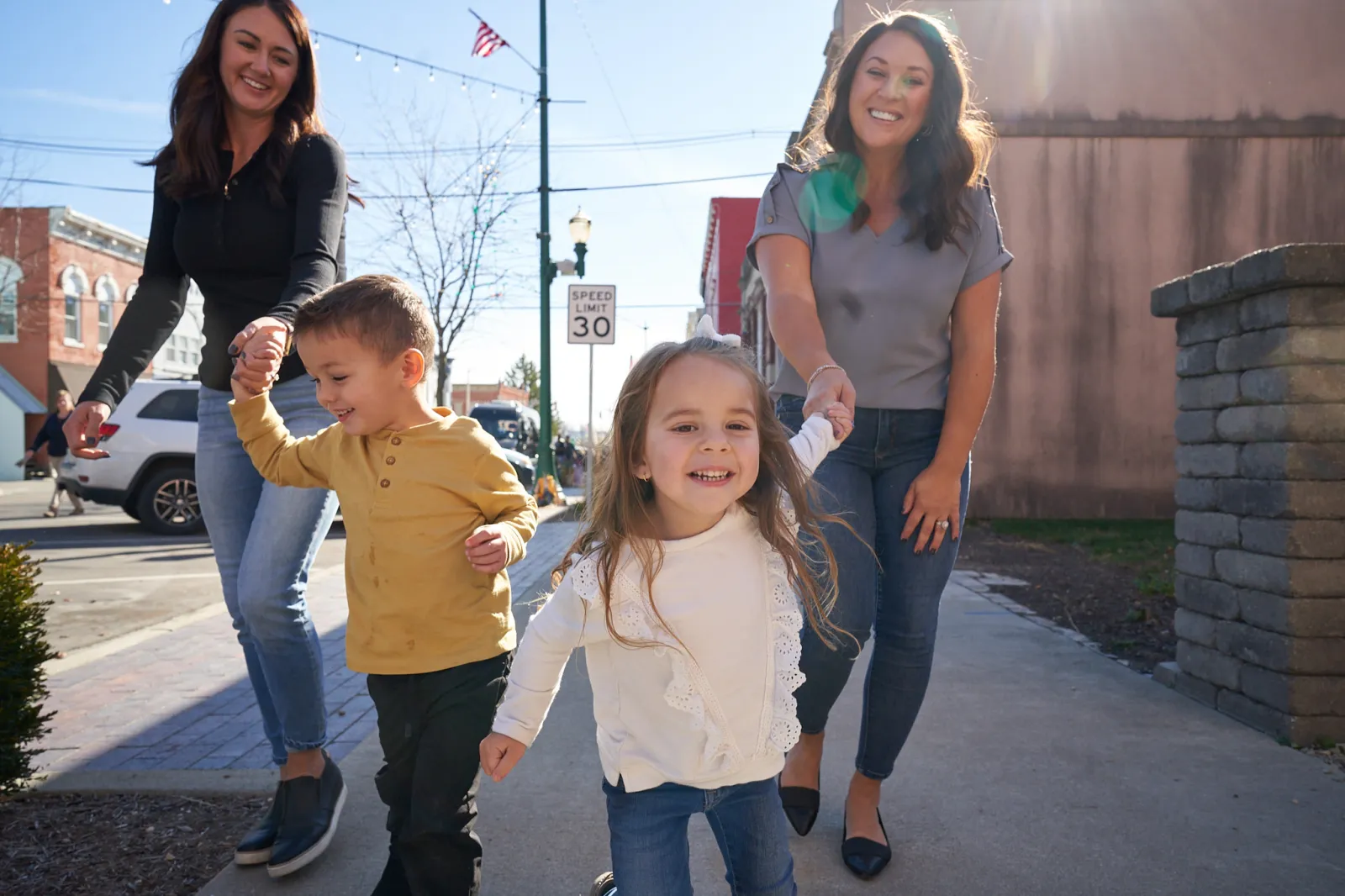
Reid Health's mission is to lead our communities to well-being, one person at a time. Whether you're seeking urgent care, need to schedule a new patient appointment, or want to connect with your existing care team, we're here to help.
- Urgent Care- Quickly view wait times and save an appointment spot with On My Way
- New Patient Appointment - No provider? No problem. Choose from a list of providers offering open-scheduling and select an appointment time slot that works for you.
- Schedule with Your Current Care Team - Established Reid Health patient who needs a new appointment? Schedule a visit or pre-register for labs by self-scheduling. You'll be directed to log in to MyChart to view your scheduling options.
If you have questions about connecting to care, we can help! Select request an appointment and we'd be happy to assist.
Find a Location Near you
We want to show Who We Are!
Reid Health offers nationally recognized quality and technology with a personal touch that sets us apart. Our growing team is known for going the extra mile to make sure our patients and families are made to feel as comfortable and cherished as possible when they find themselves in need of our services - on the main campus or at one of numerous satellite facilities in the region of Indiana and Ohio that we serve.



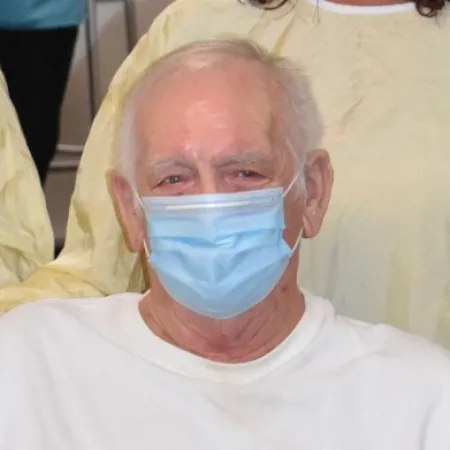
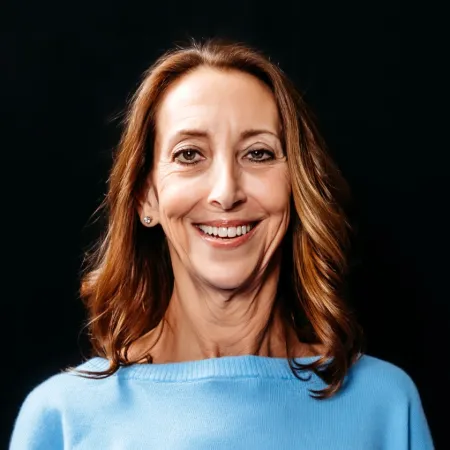
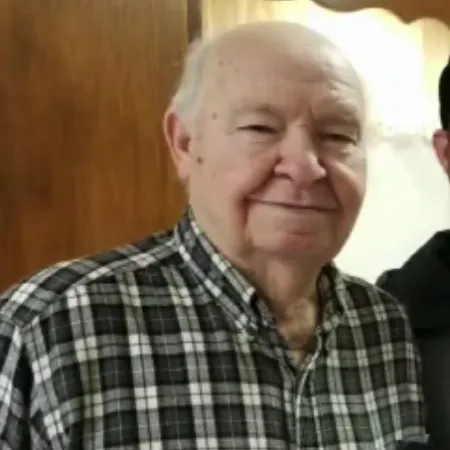
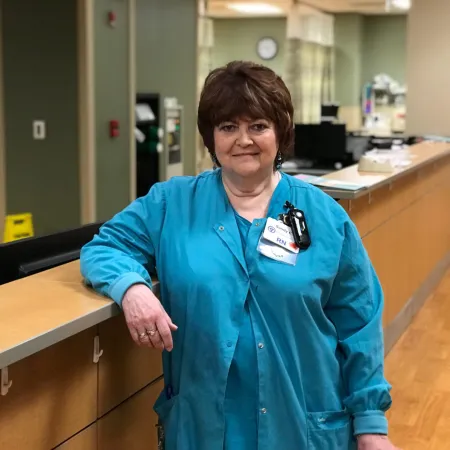
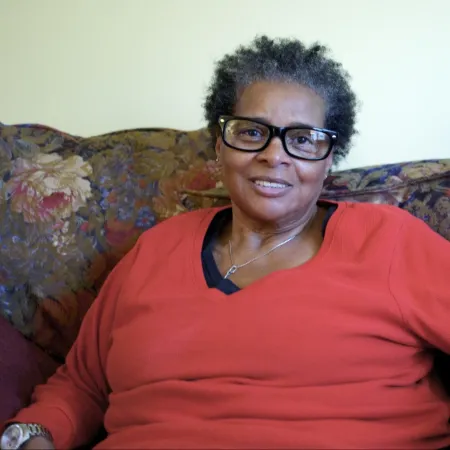
Get Connected
Wellness Blog
-
Wayne County nurse practicing for seven decades receives DAISY Lifetime Achievement Award
-
Every second counts: Parental instincts, Pediatric Readiness save newborn
-
Remembering a true community leader
More Wellness PostsPress Releases
-
Reid Health Blue Brigade Volunteer Auxiliary gifts $210,000 to support patient care
-
December’s DAISY Award recipient recognized for attentive, compassionate patient care
-
New cardiac rehab program puts focus on education as well as exercise
More Press ReleasesPodcasts
-
Primary Care
-
Pediatric Care
-
Mako Robotic Joint Replacements
More PodcastsUpcoming Events
-
Reid Health Connersville Open House Jan 31, 2026 at Noon
-
Bereavement Support Group Feb 03, 2026 at 6:30 PM
-
Cancer Support Group Feb 04, 2026 at 5:30 PM
More Upcoming Events